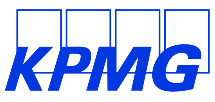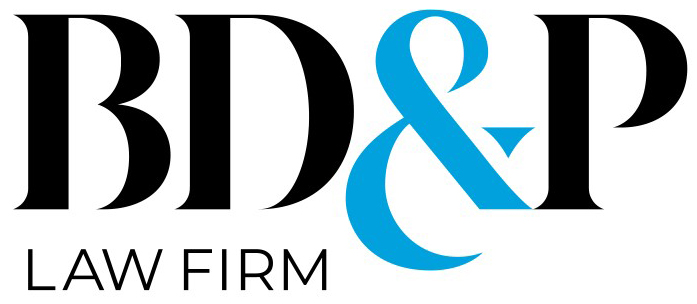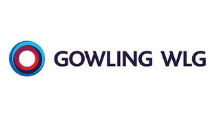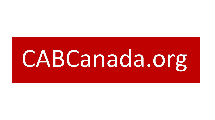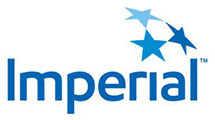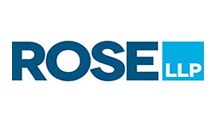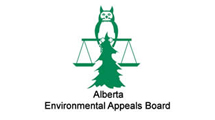Use of Experts in Arbitration: An Arbitrator’s Perspective
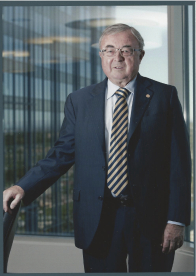 By Jack Marshall, QC
By Jack Marshall, QC
Once the legal threshold has been met for admitting expert evidence, care must be taken by counsel in fully briefing the expert witness. It is critical that the expert give impartial and unbiased testimony and not simply be a part of the advocacy team. The expert must remember that while he or she is an expert, the tribunal in many cases is not. Accordingly the witness must speak clearly and slowly enough that the tribunal is able to follow what might be highly technical evidence. Always remember that it is the tribunal that renders the Award and the expert must ensure the tribunal has followed the evidence.
Virtually every commercial arbitration involves expert testimony. Having dealt with many experts both in my role as counsel and then as arbitrator, I have been invited to express thoughts on “what works” and “what doesn’t work”.
Experts are essential and may be called to prove a wide variety of things such as damages, industry practice, foreign law and cause of delay to name only a few. The critical issue concerning expert evidence is whether the expert’s report can be admitted into evidence or not. The courts have provided guidance in a number of decisions including R. v. Mohan [1994] 2 SCR, Moore v. Getahun, 2015 ONCA 55, and White Burgess Langille Inman v. Abbott and Haliburton Co, 2015 SCC 23.
In Mohan, the Court set out the basic structure of the law relating to the admissibility of expert opinion evidence. It has two main components. First, there are four threshold requirements for admissibility that the proponent of the evidence must establish in order for proposed expert opinion evidence to be admissible:
- Relevance;
- Necessity in assisting the trier of fact;
- Absence of an exclusionary rule, and
- A properly qualified expert.
To these four requirements, the Supreme Court of Canada added a fifth, namely, that in the case of an opinion based on novel or contested science or science used for a novel purpose, the reliability of the underlying science for that purpose must be established.
The second component, described as “the second discretionary gatekeeping step”, requires the judge to balance the potential risks and benefits of admitting the evidence in order to decide whether the potential benefits justify the risks.
In the Moore decision, the Ontario Court of Appeal confirmed that the existing practices regarding interactions with expert witnesses and review of draft reports were both permissible and to be encouraged; finding further that such communications were protected by litigation privilege. The Court stressed however that counsel could not communicate with an expert witness in a manner likely to interfere with the expert witness’s duties of independence and objectivity.
In White Burgess, the Supreme Court of Canada stressed three concepts underlying the expert’s duty; namely, impartiality, independence and absence of bias. The first two of these are threshold issues going to admissibility. When assessing impartiality, a mere connection to the litigation is not sufficient for exclusion; rather, the court would have to determine that the expert was unwilling or unable to carry out his or her duty to the court.
Once the threshold tests have been met, a tribunal can admit the expert’s report. It is critical to remember that experts are called to assist the tribunal, not to advance the case of a party. Given that role, an expert must be independent and cannot become a member of the advocacy team for a party.
What Works:
- The expert must truly be expert in the field and must be fully prepared.
- The expert must stick to his or her discipline.
- The expert must be independent and demonstrate independence by not becoming an advocate for the party on whose behalf he or she has been retained.
- The expert must not stubbornly cling to a point in his or her evidence if the cross-examination (or other evidence on the record) has demonstrated it to be wrong as this weakens credibility and the appearance of impartiality.
- The expert must ensure that the testimony is being heard and followed by the tribunal.
- As with all witnesses, experts must speak clearly, at a moderate pace and loudly enough to be heard by the tribunal and any court reporter.
What Doesn’t Work:
- While an expert may assist counsel in the identification of subjects for cross-examination of experts called by the opposing side, he or she must take care to not actively direct the cross-examination. This would cross the line with the expert becoming part of the advocacy team and it would be evident to the tribunal that impartiality had been lost.
- The expert must refrain from giving lectures. Just answer the question. Leave follow up to re-direct.
- The expert must resist the temptation to give very long answers as the Tribunal will likely not follow the evidence properly.
- The expert must resist getting into a debate with counsel and just answer the questions to the best of his or her ability.
- The expert must be sure to wait until the question has been fully stated and not talk over counsel. Court reporters cannot transcribe two voices at the same time.
Additional Things to Consider
- It is often helpful to allow a brief examination in chief of an expert to cover salient points and to “warm up” the witness. Matters outside of the subjects covered by the report are to be avoided.
- If there are co-authors of an expert report, consider having them called as a panel if the Tribunal is prepared to have evidence given in such a manner.
- The expert must remember that he or she must focus on the cross-examiner throughout the questioning. That said, it is important that the expert be cognizant of the need to make sure that the evidence is being received and understood by the tribunal as it is ultimately the tribunal that must make the decision. If it is apparent that the tribunal is not following or understanding the expert’s evidence, the expert should be prepared to repeat or elaborate on the evidence if requested to do so.
After spending 45 years as a litigator with Macleod Dixon, Jack Marshall has served as an independent arbitrator and mediator. He has been appointed to matters throughout Canada and internationally, the primary focus of his practice involving energy, resources and construction disputes. He is a member of CECA (Calgary Energy & Commercial Arbitrators).




